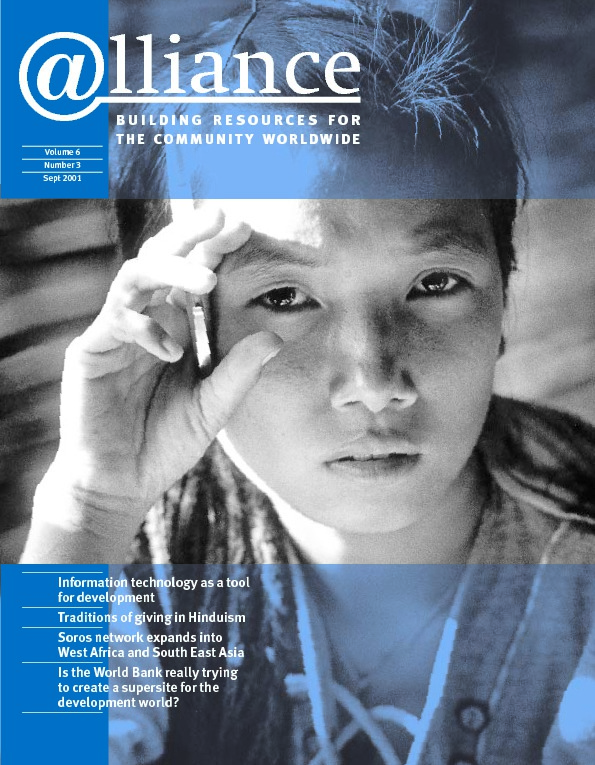This book has chosen a self-consciously provocative title because it sees itself as a full-frontal assault on the orthodoxy of including ‘participation’ as a necessary ingredient of development programmes. ‘Participatory development’ involves including people who are affected by the development process as planners in that process.
The book suggests that participatory development emerged during the 1980s, inspired by the work of Robert Chambers of the Institute of Development Studies, Sussex University, and was based on the perceived shortcomings of top-down development and the limitations of expert research and planning. A leitmotif for participatory development might be ‘ordinary people know best’.
The book is a collection of 11 conference papers. The central theme is that participatory development is an act of faith with few demonstrable benefits. This is a useful thesis and one to which the application of empirical data could advance the argument one way or another.
Unfortunately, the individual chapters rely almost entirely on secondary sources and give little data to support or deny the central proposition. Many contributions meander all over the place and have only a remote connection with the central theme. The most interesting contribution comes from Bill Cooke on how social psychological theory suggests that participatory research is subject to a number of necessary distortions. Again, however, there is no original research, merely references to well-known publications to support a general argument.
The book as a whole has little sense of history and the claim that participatory development emerged in the 1980s is wrong. In fact, the roots of participatory development go back to the 1930s, finding favour in the 1940s, and becoming part of most postcolonial development plans in Africa and Asia from the 1950s on.
Much of the writing is truly dreadful. Here is one example, on page 154, that struck me as particularly imprecise:
‘Postcolonialism can usefully be seen as referring to a condition and/or a critique, in the sense that ontologically a given community can be considered postcolonial while postcolonial criticism attacks epistemologies that have privileged Western ways of knowing.’
I could have chosen many more examples of such writing. The book is laden with jargon, academic turns of phrase and pompous assertions validated only by references to other published work. It is a pity that academics feel that they have to use language like this.
There is a case about the tyranny of participation to be made, but this book fails to make it. I was left with feelings about a different kind of tyranny altogether – that of never using a short word when a long one fills up the page better.
Barry Knight is the Secretary to CENTRIS. He can be contacted by email at Centris_org@mac.com
Participation: The new tyranny?
Bill Cooke and Uma Kothari (eds) Zed Books £14.95/$22.50
To order, contact Zed Books.
Tel +44 20 7837 4014
Fax +44 20 7833 3960
Email sales@zedbooks.demon.co.uk






Comments (0)